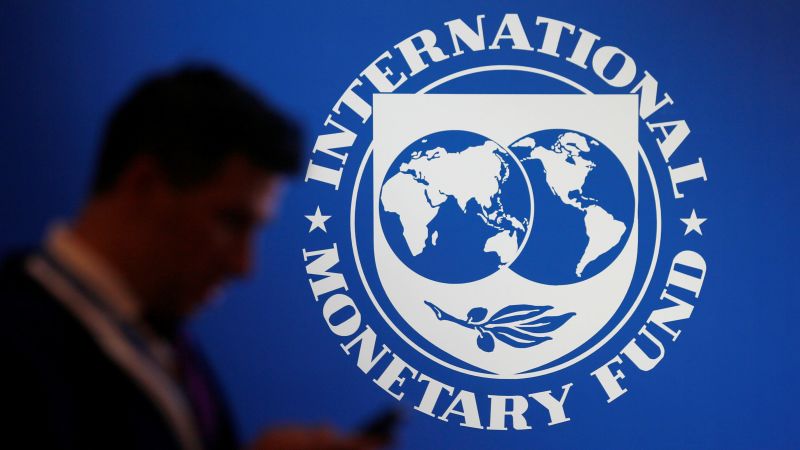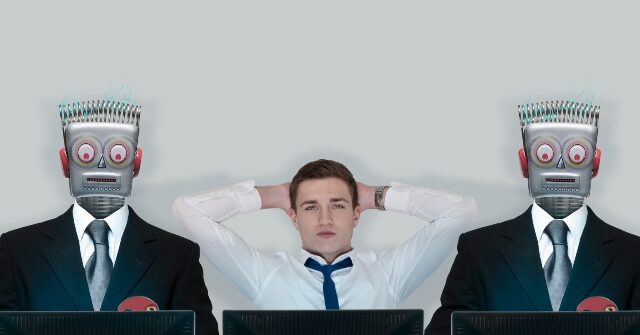IMF Warns AI Could Affect 40% of Jobs, Worsen Inequality

The Spin
Pro-establishment narrative
It's a matter of fact that there's no way back to the pre-AI era and some human jobs will be destroyed, especially as companies want to maximize efficiency. However, this must not come at the expense of the livelihood of hundreds of millions of workers. As recommended by institutions like the IMF, governments worldwide must implement regulations to ensure that integrating this technology won't cause unemployment surges.
Establishment-critical narrative
Essentially, the impact of artificial intelligence on the labor market is no different than that of computers, light bulbs, and automobiles. Whenever a more efficient technology arises to benefit mankind, some jobs will be rendered obsolete and workers will be displaced — and that's exactly the evolutionary process of capitalism. Some justified security concerns aside, AI and its impact on the global workforce must celebrated.
Metaculus Prediction
There is a 14% chance that the percentage of the U.S. workforce employed in white-collar jobs will decrease by at least 2 percentage points below the 2022 level before 2026, potentially due to the influence of AI or other factors, according to the Metaculus prediction community.





/cdn.vox-cdn.com/uploads/chorus_asset/file/25227140/image__7_.png)